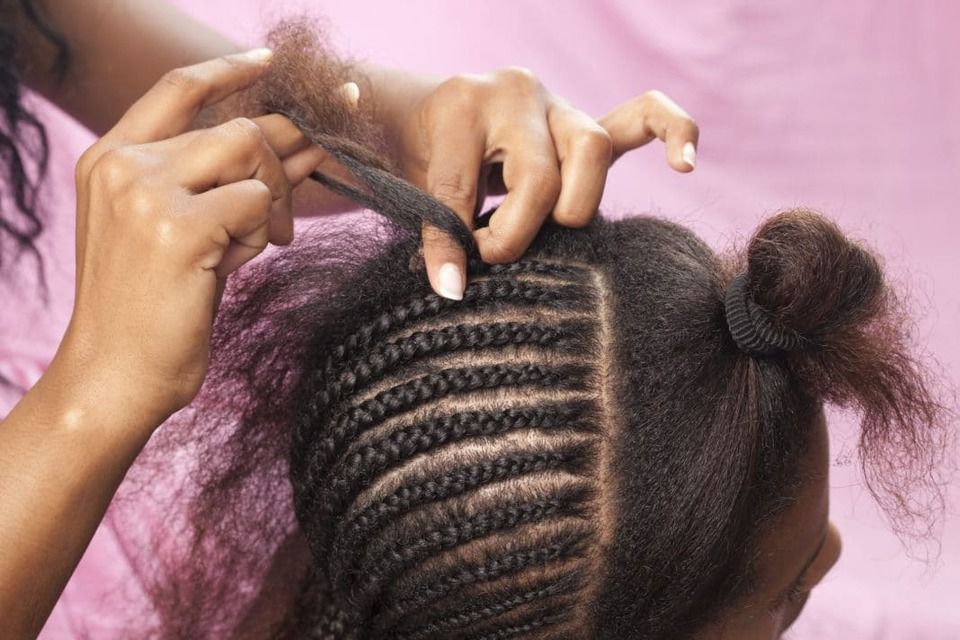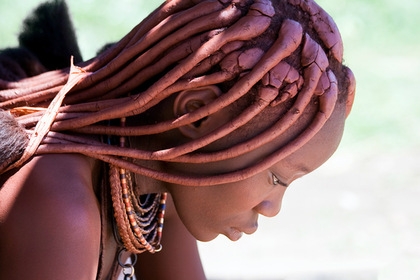
The beauty practice of natural hair braiding holds cultural and economic significance, especially among African, African-American, and immigrant communities in the United States. Despite its safety, the practice often faces cumbersome regulations that can hinder economic opportunities for braiders. This guide delves into the state-level CROWN legislation, the role of the Institute for Justice, and what all of this means for braiders and entrepreneurs.
What is CROWN Legislation?
The CROWN (Creating a Respectful and Open World for Natural Hair) Act is aimed at preventing discrimination based on hair textures and styles, including braids, locs, and twists, which are often associated with race. As of now, nineteen states and the Virgin Islands have enacted CROWN legislation, offering some level of protection against such discrimination.
Licensing Laws and Their Impact
The need for a license to braid hair varies significantly across states. Currently, 33 states completely exempt braiders from licensure. However, in three states (Hawaii, New Mexico, and Wyoming), braiders are required to become licensed cosmetologists or hairstylists, which often involves unrelated training and significant financial investment. In 14 states and Washington, D.C., separate, specialty licenses are required, ranging from 200 to 500 hours of coursework.
Institute for Justice's Role
The Institute for Justice (IJ) has been a pioneer in fighting for the economic liberty of natural hair braiders. They've litigated 14 cases and secured significant reforms in many states. Their report "Barriers to Braiding" found that onerous licensing has little to do with public safety and mostly acts as an obstacle to work for braiders.
Economic Liberty and Constitutional Rights
The ability to braid hair and earn a living from it falls under the Constitution's protections for economic liberty. The Institute for Justice, among others, has taken up the cause through lawsuits and working with grassroots activists to secure this form of economic freedom.
Concluding Thoughts
CROWN legislation and licensing laws for natural hair braiding are complex and vary dramatically from one jurisdiction to another. Organizations like the Institute for Justice are fighting to make it easier for individuals to earn an honest living in this field, untangling entrepreneurs from burdensome regulations.
Knowing your state’s laws and remaining engaged with organizations committed to economic liberty can empower you to navigate these regulations effectively. Stay informed, stay engaged, and continue to fight for your right to economic freedom.






Leave Comment Below
0 Comment(s)